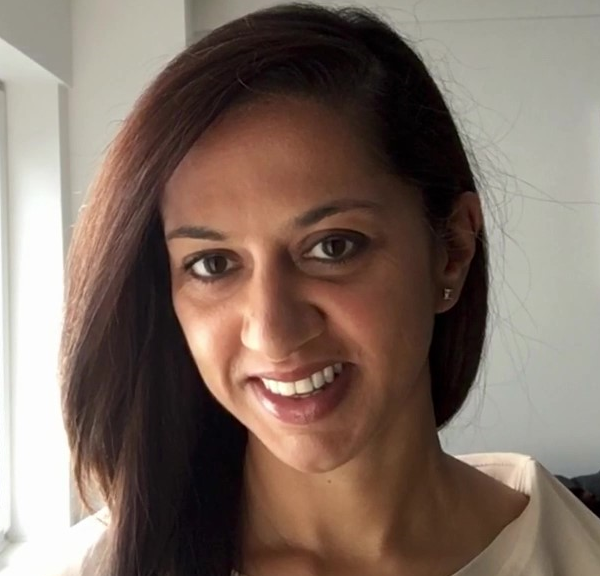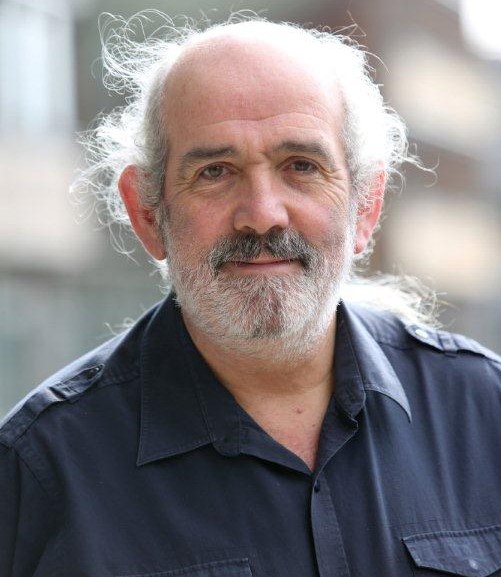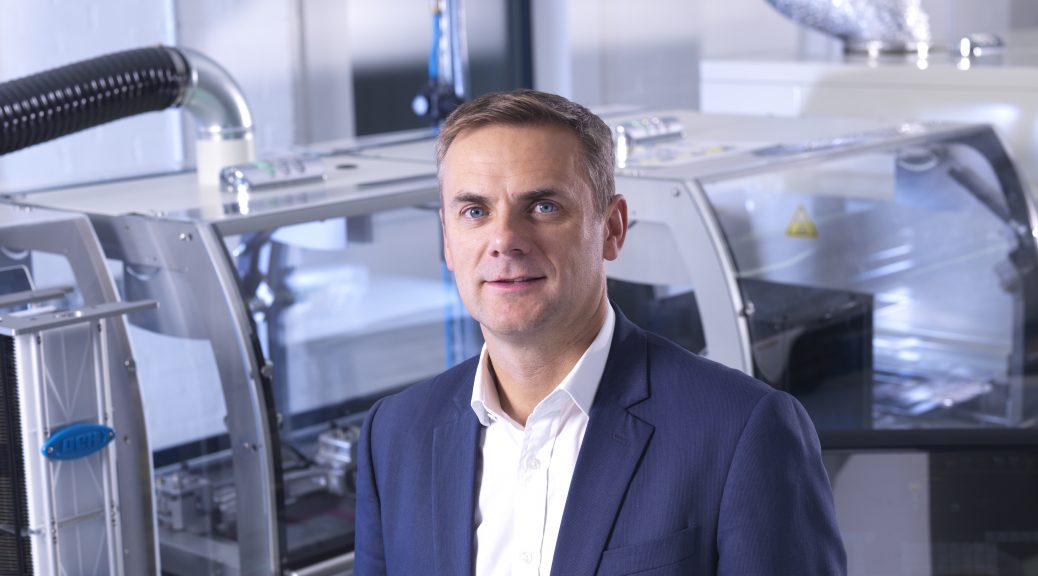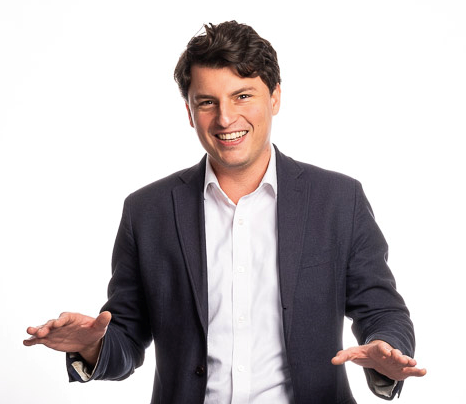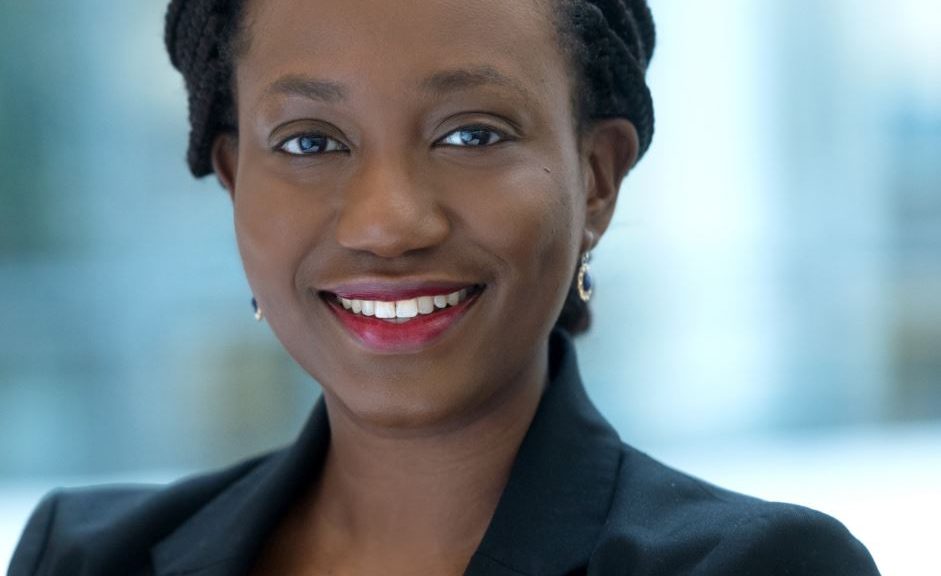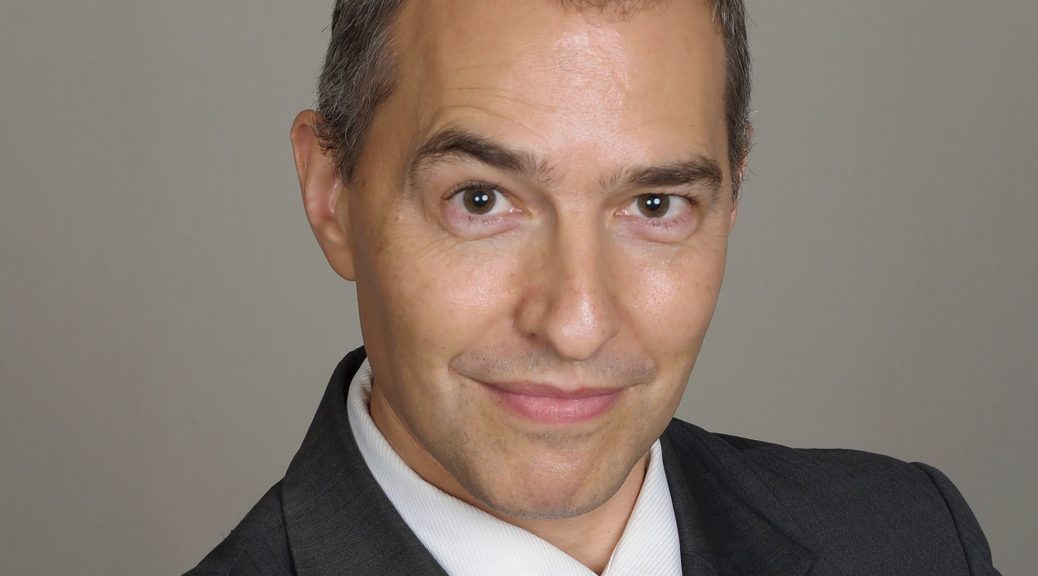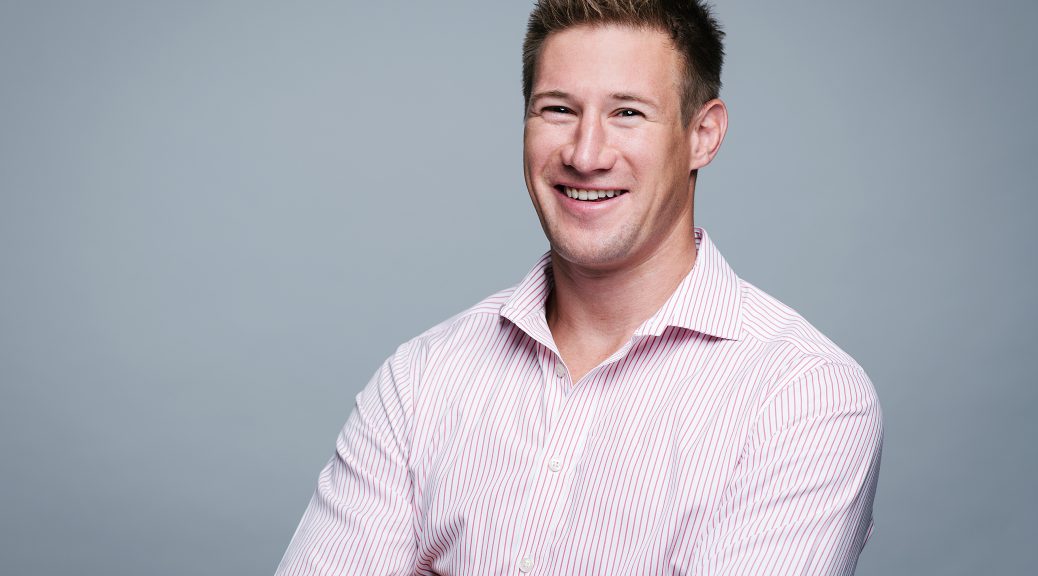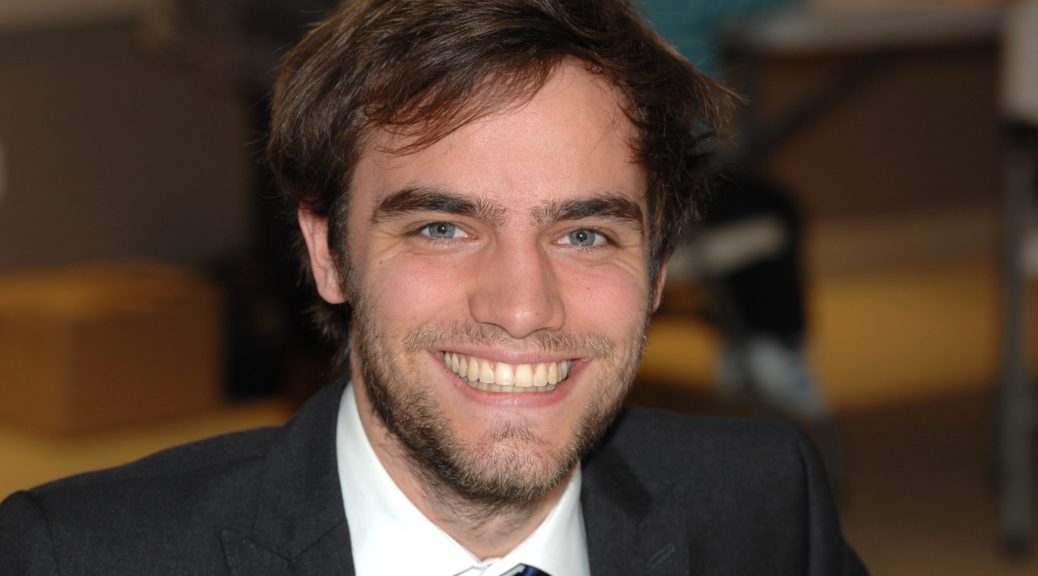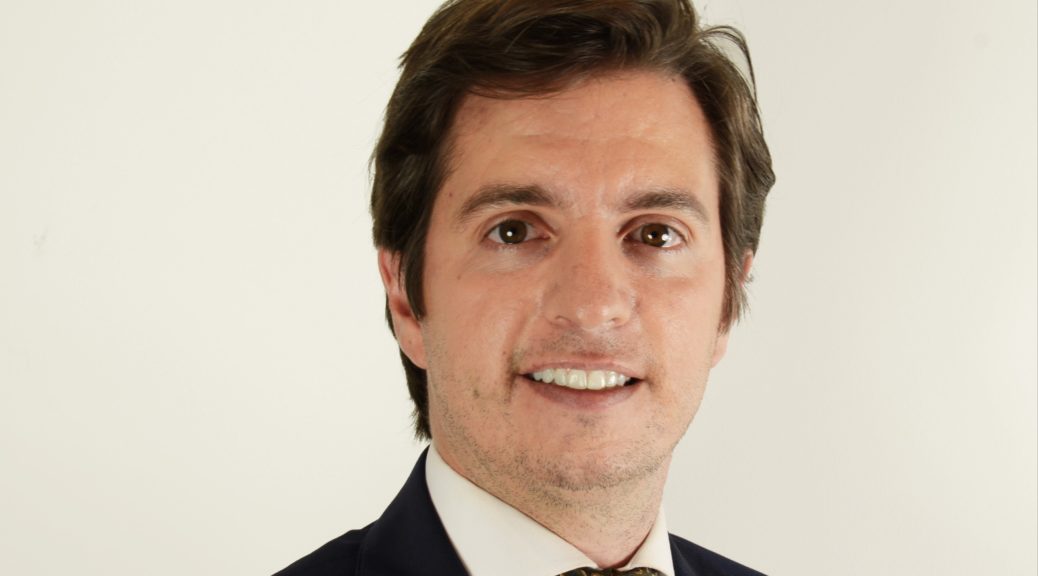 Davina Patel is one of 375 professional engineers who have been awarded our prestigious Sainsbury Management Fellows scholarship to study an MBA at a top tier business school. After gaining her MBA at London Business School, Davina has used her newly acquired business skills and insights as a catalyst towards an exciting new career. Davina has taken time out to talk to us about her early passion for engineering, her MBA experience, her career and lessons learnt along the way.
Davina Patel is one of 375 professional engineers who have been awarded our prestigious Sainsbury Management Fellows scholarship to study an MBA at a top tier business school. After gaining her MBA at London Business School, Davina has used her newly acquired business skills and insights as a catalyst towards an exciting new career. Davina has taken time out to talk to us about her early passion for engineering, her MBA experience, her career and lessons learnt along the way.
What inspired you to become an engineer?
From a young age I was curious about the world around me, and I found science gave me answers to help satisfy that curiosity. I had an aptitude for maths and physics and some great teachers, it was only natural for me to gravitate towards these subjects at school. When it was time to pick university courses, I knew I wanted to stick with maths and physics, but I wanted a course that covered a variety of interesting subjects and one that was practical in nature to allow me to build skills that would help me explore and start my professional career. After many years of academic success, applying to university was my first real lesson that sometimes life doesn’t always go to plan as I didn’t get into my first-choice university.
Nevertheless you gained an excellent BEng in Mechanical Engineering & Aeronautics degree at Brunel University. Give us a snapshot of your university experience and first jobs.
I decided to pick a ‘thick sandwich’ engineering degree which allowed me to spend one year on a work placement between my second and final year. I worked at Hawtal Whiting an automotive design and engineering services company where I gained experience in a very specialised area (finite element analysis), the best part of the experience was my direct interaction with customers working with BMW on some very cool product development projects.
I returned to university for my final year which specialised in Aeronautics, my favourite part of the course. I was flattered to be offered a PHD opportunity in flight mechanics, but after my year working, I had more clarity that I didn’t want to specialise in one area but wanted a broader experience across all of product development and manufacturing at aerospace companies – so I politely declined the offer. I remember stuffing envelopes with CV and cover letters applying to nearly every major aerospace engineering company. It was overwhelming to face rejection after rejection. I decided to take a ‘gap year’ after university to travel and take some time to think about what I wanted given maybe working in aerospace wasn’t going to happen.
I stumbled across a role at ebm-papst, a company that manufactured fans and motor products, it didn’t scream out dream job, but I liked the company culture and its people.
My first role was as an application engineer focused on driving sales of its standard products. Then I progressed to a project engineer working more intimately with customers managing a portfolio of product development projects. Being in such a small and informal company I was able to participate in other projects relating to quality and operations. In hindsight, it was a great first job; I was around some incredibly supportive and fun people and given the opportunity to be exposed to a variety of experiences.
Why did you decide to do an MBA?
Working at such a small company I was limited, as career progression went from application engineer, project engineer to business development manager, I had done two out of three and the third was purely an ‘on the road’ sales role which was not for me.
It was time for a change, I started applying for engineering consulting jobs and then it dawned on me I didn’t want to specialise in any engineering discipline. My exposure to broader aspects of operating a business excited me, I knew I wanted to learn more and have the time to explore other possibilities. My journey took me to London Business School, as soon as I walked through its doors, I knew it was the right place for me.
What are the stand-out learnings from your MBA?
It’s almost a given, but the MBA provided a phenomenal learning experience. It was great to look back on my time at ebm-papst and connect the dots on what worked well at the company (and why) and what could have been done better: how it managed its products, its operations and its people.
My London Business School experience gave me so much more:
First, finding my tribe. Nearly 15 years on and my closest and most cherished friendships are with those who I met because of the MBA. Not only are they great friends, they’re the best cheerleaders!
The MBA unleashed a newfound confidence in me. We all doubt our abilities and I was no exception. Being at one of the top business schools in the world I was surrounded by some of the best and brightest minds and the experience made me believe that with hard work and a learning mindset I could aspire to and be good at so many different things.
Finally, the exposure to a new world of possibilities. The MBA provided me with skills that could be applied to a variety of different industries and allowing (once closed) doors to open for me.
How has your MBA changed your career?
I had experienced very small engineering companies, post-MBA I wanted to experience a large and diverse engineering company where I could directly impact change.
I had 10 amazing years at Honeywell, performing mainly strategy and marketing roles of increasing responsibility working across various businesses. My experiences were so varied and exciting, and I got to do what I love; travel the world! Most importantly, I was around some incredibly supportive people who provided me with some great learning opportunities.
From day one I was pushed beyond anything I thought I was capable of prior to the MBA. Within a month I was sent to spend a week with a partner company to build a joint business plan. Within three months, I was asked to create and deliver a pricing presentation to 500+ internal audience with less than 24 hours’ notice.
My first roles were at Honeywell Process Solutions (automation control solutions to process industries), performing strategic marketing roles covering different geographies – strategic planning, go to market execution, pricing focus, joint venture business plans and then progressing to building and managing high performing teams in some high growth countries.
The most significant role and learning experience in my career to date was a broader role leading the transformation of a marketing organisation, it was a significant contribution to the turnaround of Honeywell’s Safety Products (personal protective equipment) business. I was given the opportunity to lead the organisation as I wanted to; I created a vision to inspire, a clear strategy to align, processes and tools to execute, I placed a strong focus on people and their development to drive the culture and deliver results.
In the process I was able to really understand the type of leader I am and the type of joy that work could bring. What we were able to achieve within two years was incredible, it was powerful to know I could affect positive and impactful change in people to do extraordinary things. Hearing the words from a team member “you changed my life” were humbling yet self-affirming words that will remain with me for life.
In my final Honeywell role, I was fortunate to get even broader business experience where I acted as a general manager leading the integration of two acquisitions in parallel. The measure of success was hitting the acquisition model targets and ultimately working myself out of a job by integrating each acquisition and transferring ownership into Honeywell’s Security and Fire business – nine months later, the integrations were complete.
After 10 years, it was time for a change and I was fortunate that a former Honeywell boss introduced me to Trimble. From the moment I met its most senior leaders and learnt about its culture I knew it was a place for me. I get to do what I really enjoy and am empowered to get it done. I led the inception, creation and launch of a new Trimble Marketing Framework for the company which provides a common language and approach through easy-to-use content to help people build valuable skills and capabilities to deliver customer value and exceptional business results.
How has the MBA influenced your thinking about business and leadership?
The MBA gave me exposure and a thirst to learn more about how a business operates and the skills required to do so. At Honeywell, I was given a tremendous playground to learn, apply and build these skills, as well as exposure to successful (and not so successful) leadership qualities and the opportunity to develop my own personal style.
An MBA was the perfect complement to an engineering background. At the very core of engineering people are finding solutions to problems, this principle can be applied universally to running a business. In engineering and business (from strategy/marketing to operations) you need to follow a structured, analytical approach to break a problem down into logical steps to solve it. And people are always at the very centre of everything to get things done.
You are now part of the SMF Alumni. How do you benefit from being part of this network?
My decision to do an MBA came first, I was fortunate to learn about and grateful to benefit from the SMF scholarship after I had started the course. Being part of the SMF network, it’s comforting to know there’s a vast group of people you can reach out to if you ever need advice or guidance. It provides lots of opportunities to support a variety of activities and initiatives. I was fortunate to spend a couple of years as a Visiting Teaching Fellow working with the engineering department of a college in London, through a series of introductory talks and coaching sessions with the students, I tried to share the possibilities that a career in engineering could bring to them.
As an engineer who took stock and went to business school to further your career, what advice would you give a young engineer at a similar crossroads in their career?
As I think through my experiences, career and what I’ve learnt along the way, I would like to share these thoughts with anyone at a career crossroad or bump in the road:
- Don’t get too fixated on big brand companies and job titles. Think about the experiences you want in any next challenge in terms of building upon existing experiences as well as thinking about new ones you want (or need) to be exposed to. Then see which companies and roles can tick your experience boxes.
- Look at company culture and the quality of its leaders and people, the variety and depth of experiences and level of empowerment you will be afforded. As much as you focus on identifying industries and types of companies you’re interested in, be clear on what you’re not interested in. Make sure you’re in an environment doing work with people you can enjoy every day.
- Always have a learning and continuous improvement mindset. As you invest (time and money) developing your skill set, don’t forget to invest in developing your mindset. Make sure you take on challenges that make you sweat a little as they tend to provide the greatest learning and development opportunities.
- Be clear on your own personal brand and what you want to be known for, and make sure every interaction and piece of work delivers on your brand promise. Think about how to differentiate yourself from the crowd (skills and talents you possess vs. what you need to acquire). Be the person who gets things done to a high standard; think about what work, results and behaviours you want your name attached to.
- Find your tribe/s and your own cheerleaders because there are many times you will have a lack of self-belief. Mentors and great teachers are important, but sponsors are key; those people who recognise your potential (even beyond what you think you’re capable of), who advocate for you, expose you to growth opportunities and give you the space to achieve great things. And never forget, you need to be your own greatest cheerleader!
Finally, remember that things don’t always go to plan; you will face challenges, obstacles and undoubtedly fail at things. While plan A might not work out, there’s always plan B (and plan C). Focus on the possibilities surrounding you in any given situation, always invest in the process and not the outcome.
The SMF MBA Scholarship
If you are a professional engineer considering an MBA as a stepping-stone towards a business leadership career, visit our MBA scholarship application page, you could be awarded a £50,000 scholarship.





